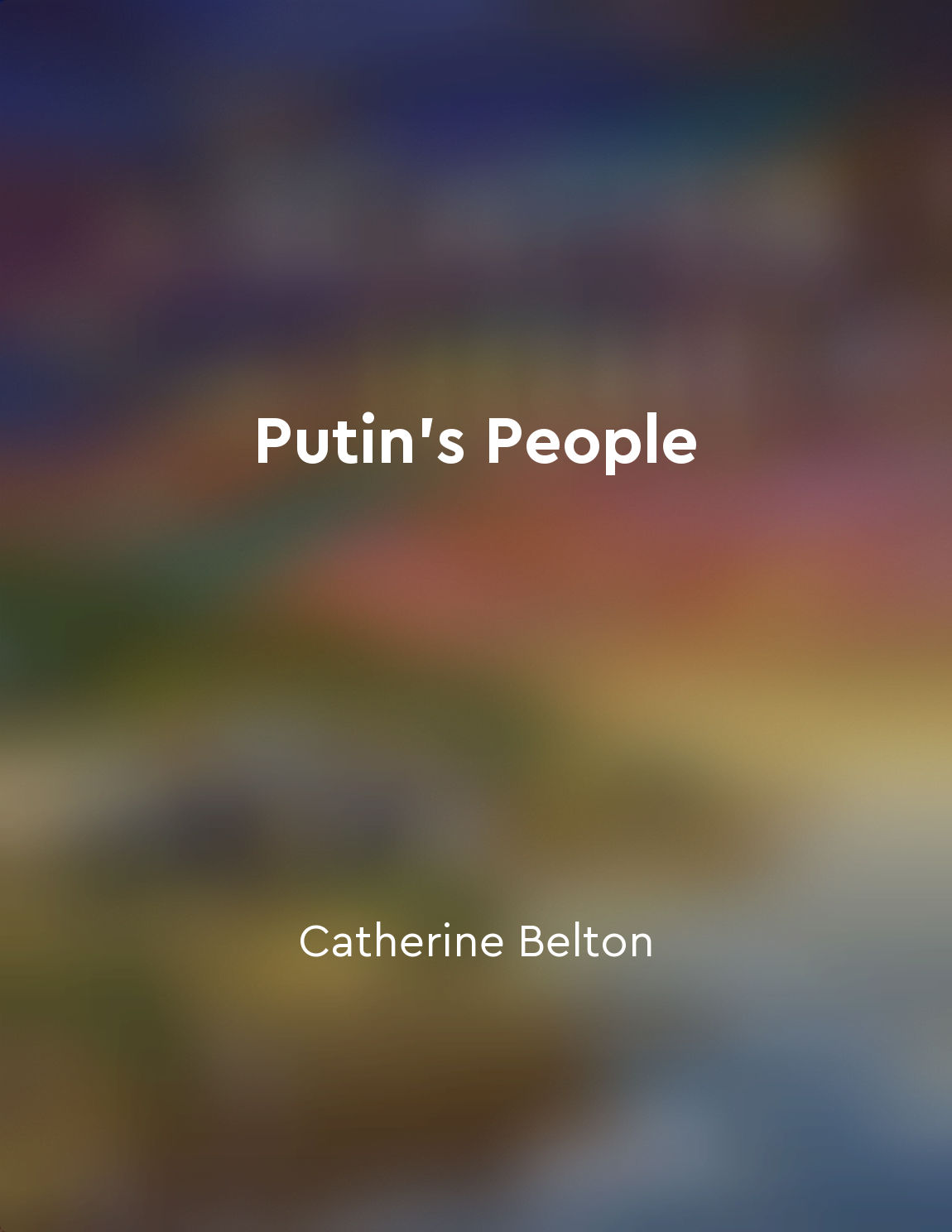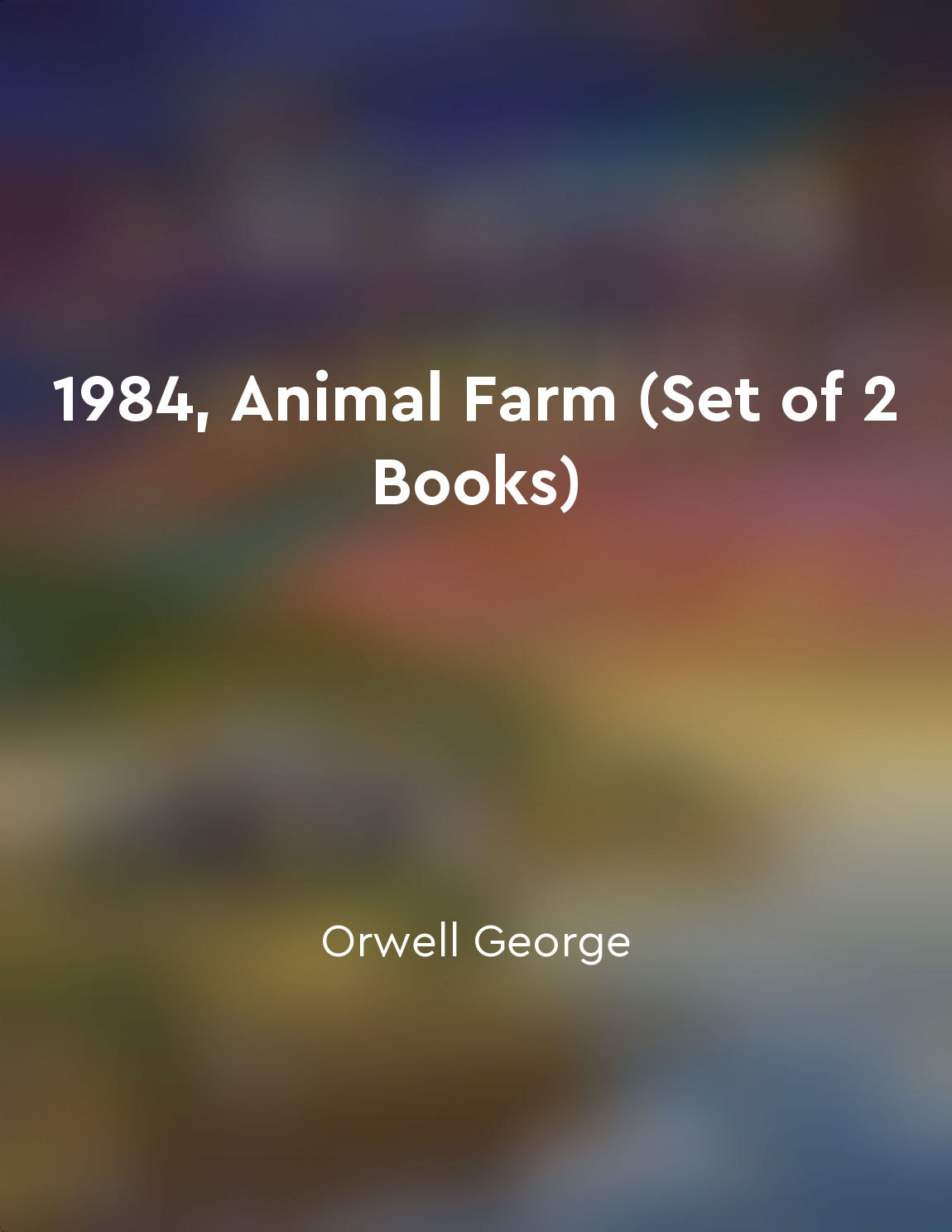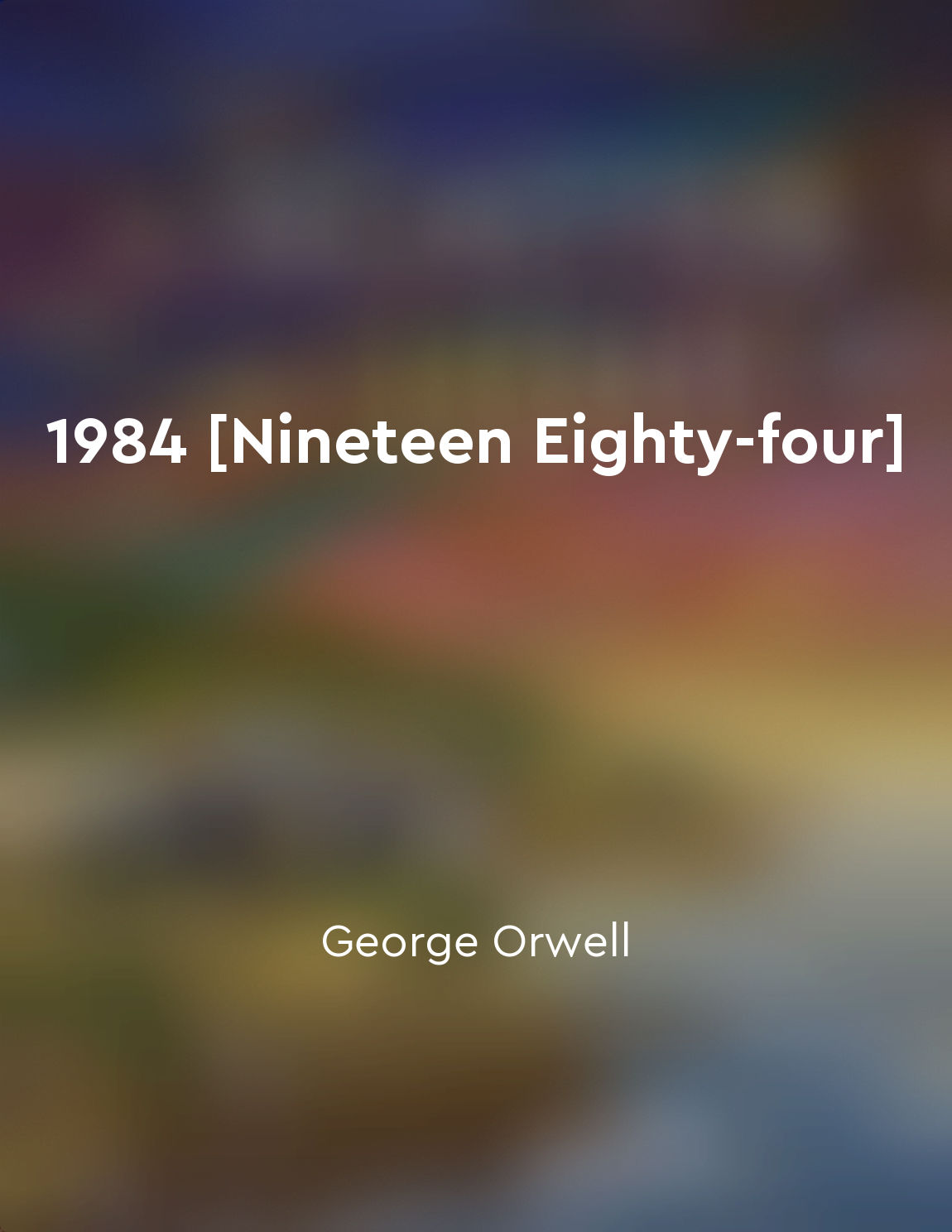The illusion of progress conceals the reality of oppression from "summary" of Darkness at Noon by Arthur Koestler
In the realm of political ideologies, the allure of progress often serves as a veil, obscuring the harsh truth of oppression that lies beneath. Those in power manipulate this illusion to maintain control over the masses, deceiving them with promises of advancement while simultaneously enforcing oppressive measures. This manipulation is depicted through the character Rubashov in 'Darkness at Noon,' who becomes a victim of the very system he once served. As a devoted party member, Rubashov believed in the ideology of progress and revolution, striving towards a utopian society where all would be equal. However, as he delves deeper into the inner workings of the party, he begins to see the cracks in the facade of progress. The Party, represented by its leader, exploits the illusion of progress to suppress dissent and maintain its grip on power. Any signs of opposition or deviation from the party line are swiftly dealt with, with dissenters labeled as enemies of the state and subjected to interrogation and punishment. The Party's propaganda machine works tirelessly to per...Similar Posts

Putin's government has sought to undermine democratic institutions in Russia and abroad
Catherine Belton details how Putin's government has strategically worked to weaken democratic institutions both within Russia a...
Society imposes limits on individual freedom
In our world, society dictates what is acceptable and what is not. It sets boundaries on individual freedom, shaping our lives ...
Power should be used to uplift and empower others
The true essence of power lies not in dominating others, but in lifting them up and enabling them to reach their full potential...

The Party seeks to eliminate all traces of individuality
In the society depicted in the novel, conformity is paramount. The Party, led by Big Brother, aims to strip away any sense of i...
Justice is sacrificed for the greater good of the party
In the pursuit of the party's objectives, justice often becomes a casualty of the greater good. The concept of sacrificing just...
The Gulag represented a dark chapter in Russian history
The monstrous machine of the Gulag, with its sprawling network of labor camps scattered across the vast expanse of the Soviet U...
Psychological manipulation tactics
Psychological manipulation tactics are cunningly employed by those in power to maintain control over the masses. Through variou...

O'Brien embodies ruthless authority of Party
O'Brien stood before Winston, his eyes cold and unyielding, his voice dripping with authority. He exuded power, every word he s...
Intellectuals are targeted by oppressive governments
In times of political upheaval, intellectuals have always been the primary target of oppressive governments. The reasoning behi...
Lone warrior seeks vengeance
In the shadows of darkness, a lone warrior emerges, consumed by a burning desire for revenge. Haunted by the ghosts of his past...
